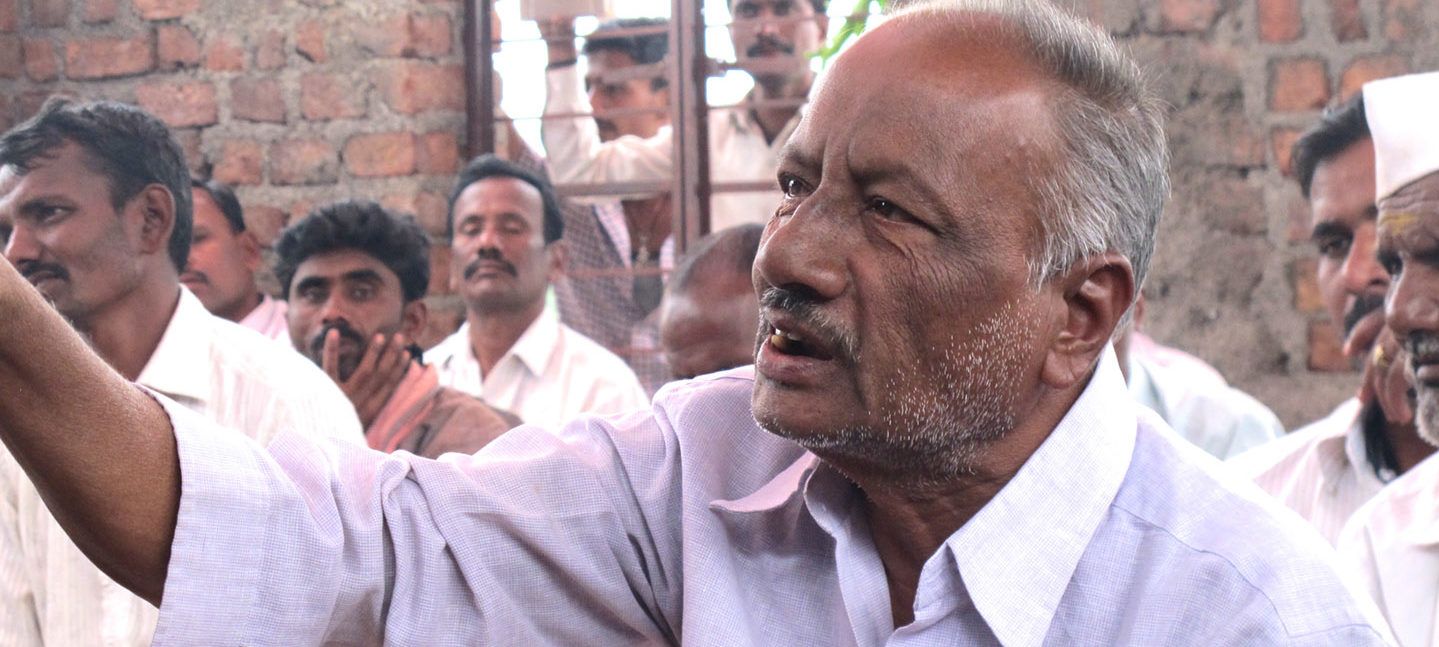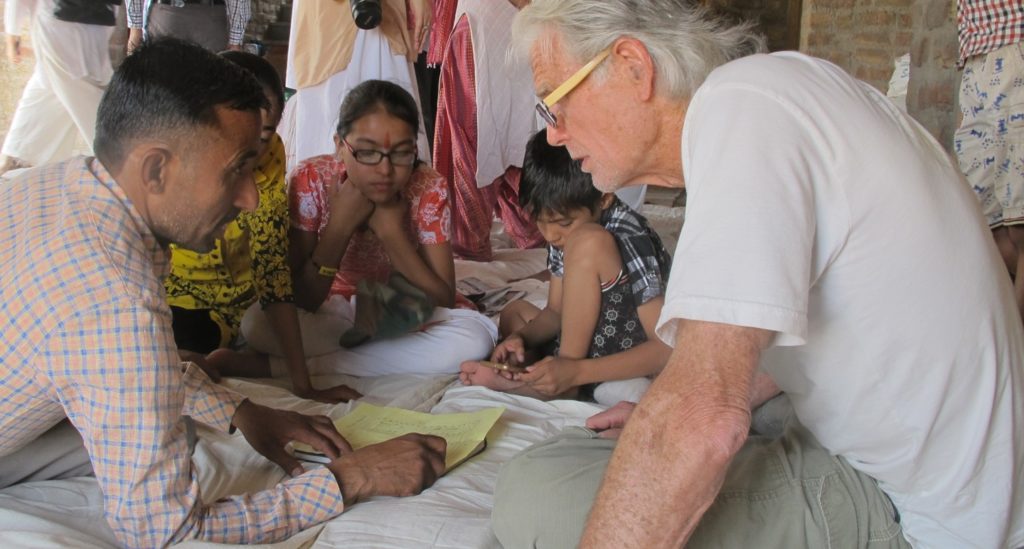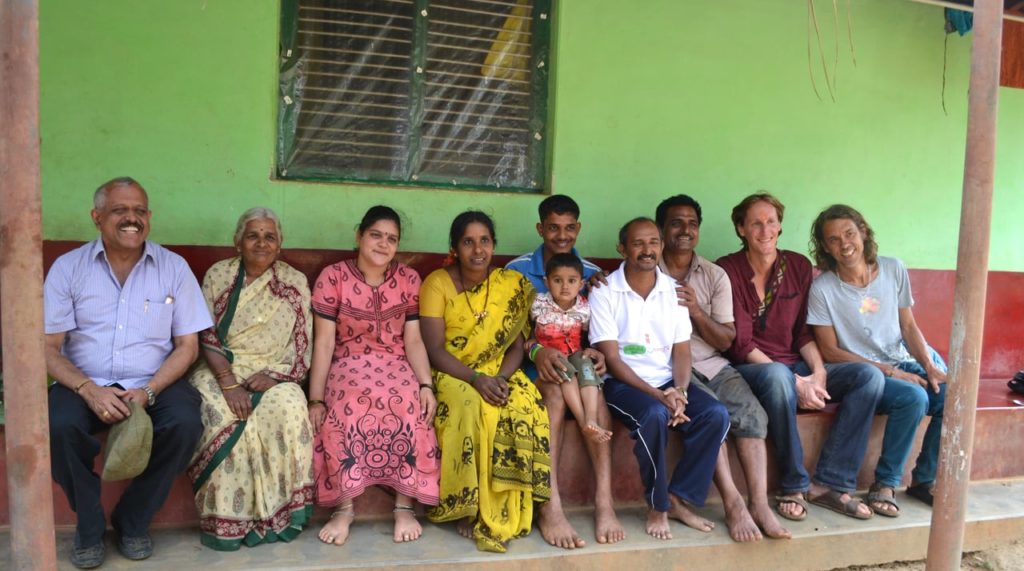Relationships

How Longterm Relationships are Essential for High Quality Herbs
The only way to ensure a consistent supply of high quality raw material is to know where your herbs come from or buy from companies who do. Companies must develop and maintain relationships with suppliers through the supply chain. This involves many hours of meetings and visits to producer groups and processing facilities around the world – it takes a tremendous amount of effort and commitment from everyone at each step in the process.
In this video, we follow Ben Heron and Sebastian Pole of Pukka Herbs as they meet with their suppliers in Karnataka, India. They explain what they look for in finding suppliers, why developing relationships is so important for the quality of the finished product and for sustainability overall, and the challenges that arise.
Video: Relationships through the Supply Chain
(Click arrow in center of photo for video to begin)
Caring for the Whole
While in India as a Fulbright scholar, Ann visited projects initiated by the Traditional Medicinals Foundation to support the communities where they source organic senna for their Smooth Move tea. Ann had seen many projects where organizations claimed to be doing more than in fact they are doing and she didn’t have very high expectations. She discovered exactly the opposite. Through the Revive Project and WomenServe, the TMF projects were some of the most inspiring she saw in India.
The Traditional Medicinals Foundation’s approach is based on the recognition that community resilience leads to a more sustainable supply chain. Women farmers who have to walk 8-10 hours a day to carry water, as is the case in the villages that supply much of the world’s senna supply, are not going to help produce the highest quality senna. By helping to dig wells, improving the traditional water supplies, building schools, helping girls go to school – improving the overall livelihood of the communities where Traditional Medicinals the company sources organic senna, the Foundation helps ensure the sustainability of these communities. This, in turn, ensures the sustainability of the supply chain.
Not only that, they have improved the quality of the senna sourced from these communities. This means less raw material is needed to produce the same effect in the finished product. Which in turn means that less raw material needs to be stored, shipped, and processed which lowers the cost of production. And so Traditional Medicinals can in turn pay more to the farmers at the bottom of the supply chain without increasing the price of the finished product.
The Traditional Medicinals Foundation is not doing these projects to do social work on the side to ease their conscience of doing business in these communities. Not only are they investing in the social structure of the communities where they work because it is the right thing to do. They support these communities as a means of risk mitigation and because it makes good business sense. Together TMF and Traditional Medicinals are demonstrating how paying attention to the people and plants along the supply chain produces higher quality products and reduces costs overall. Their approach has the potential to revolutionize the way the herb industry works with its supply chain and to develop a new paradigm of how business is done. I will include a more extended photoessay on their work soon.
In the meantime, visit their site for videos and descriptions of their work.

Drake Sadler, CVO of Traditional Medicinals and Co-Founder with Nioma Sadler of Traditional Medicinals Foundation, meeting with school children and the school head to discuss designs for a school the Revive Project is building in this community in Rajasthan.


Comments